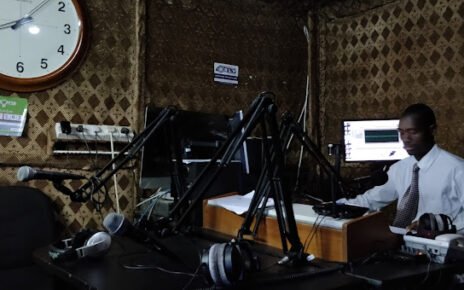President William Ruto’s administration has embarked on a controversial plan to lease several state-owned sugar factories to private investors. While the government claims this move aims to revive the struggling sugar sector, critics argue it could entrench the dominance of sugar oligarchs and undermine the interests of farmers and local communities.
The leasing plan involves key sugar factories, including Nzoia, Chemelil, Muhoroni, and Sony Sugar. According to the government, these leases are intended to inject fresh capital, modernize operations, and enhance efficiency in the sugar industry. President Ruto has emphasized that the leases will not result in the sale of public land and that the factories will remain under government ownership .
However, the process has faced significant opposition from various stakeholders. Kisumu Governor Anyang’ Nyong’o has criticized the leasing as an “economic coup” against farmers, alleging that the process lacks transparency and excludes key stakeholders . Similarly, leaders from Bungoma, including former Water Cabinet Secretary Eugene Wamalwa, have opposed the plan, arguing that it could lead to the exploitation of farmers by well-connected tycoons .
Concerns have also been raised about the selection of private millers involved in the leasing process. Some of the shortlisted companies have been accused of contributing to the decline of the sugar industry by supplying outdated equipment at inflated prices and engaging in cane poaching from public millers . Critics argue that granting these companies control over state-owned factories could further harm the sector and disadvantage farmers
Despite the opposition, some political figures have expressed support for the leasing initiative. Former Prime Minister Raila Odinga has backed the plan, stating that it could spur rural economic growth and ensure long-term sustainability for farmers . The government has also assured that the leasing process was conducted through a competitive procurement process .
As the debate continues, the future of Kenya’s sugar industry hangs in the balance. While the government envisions a revitalized sector driven by private investment, critics warn that without proper safeguards, the leasing could lead to further exploitation of farmers and consolidation of power among sugar oligarchs. The success of this initiative will largely depend on transparency, stakeholder involvement, and strict regulatory oversight to protect the interests of all parties involved.



